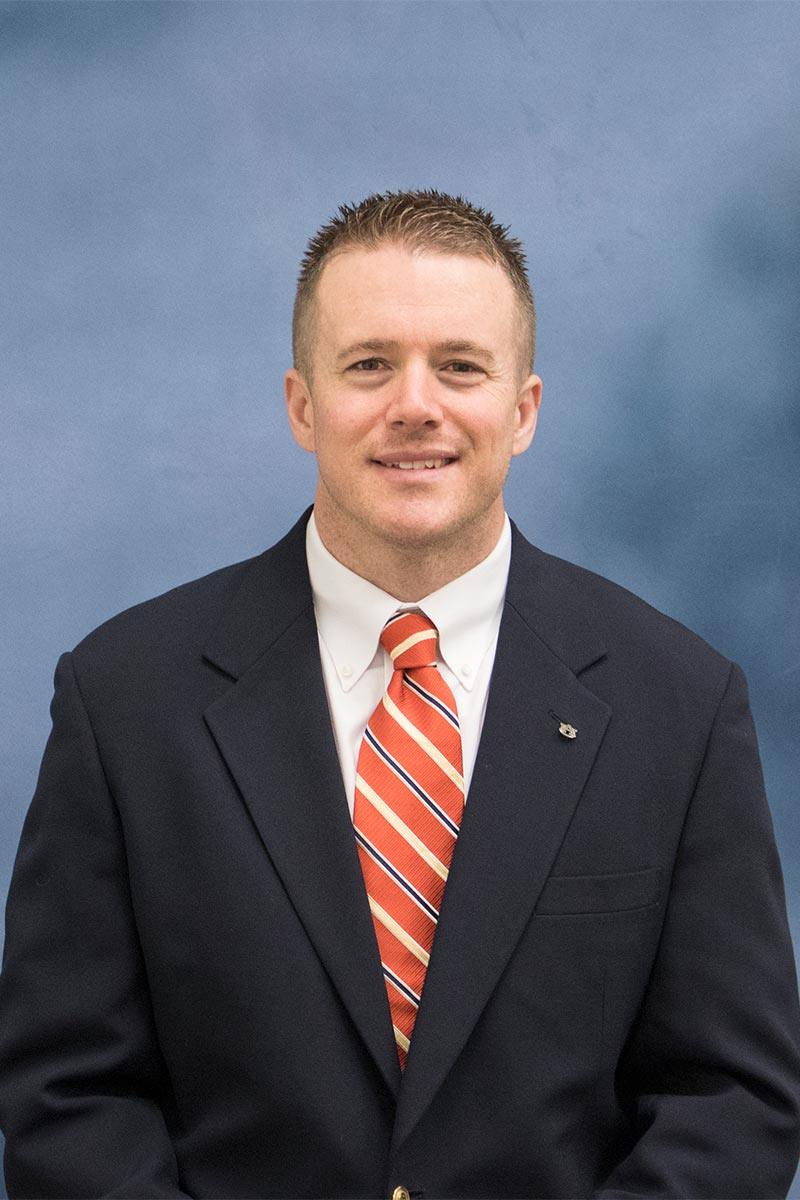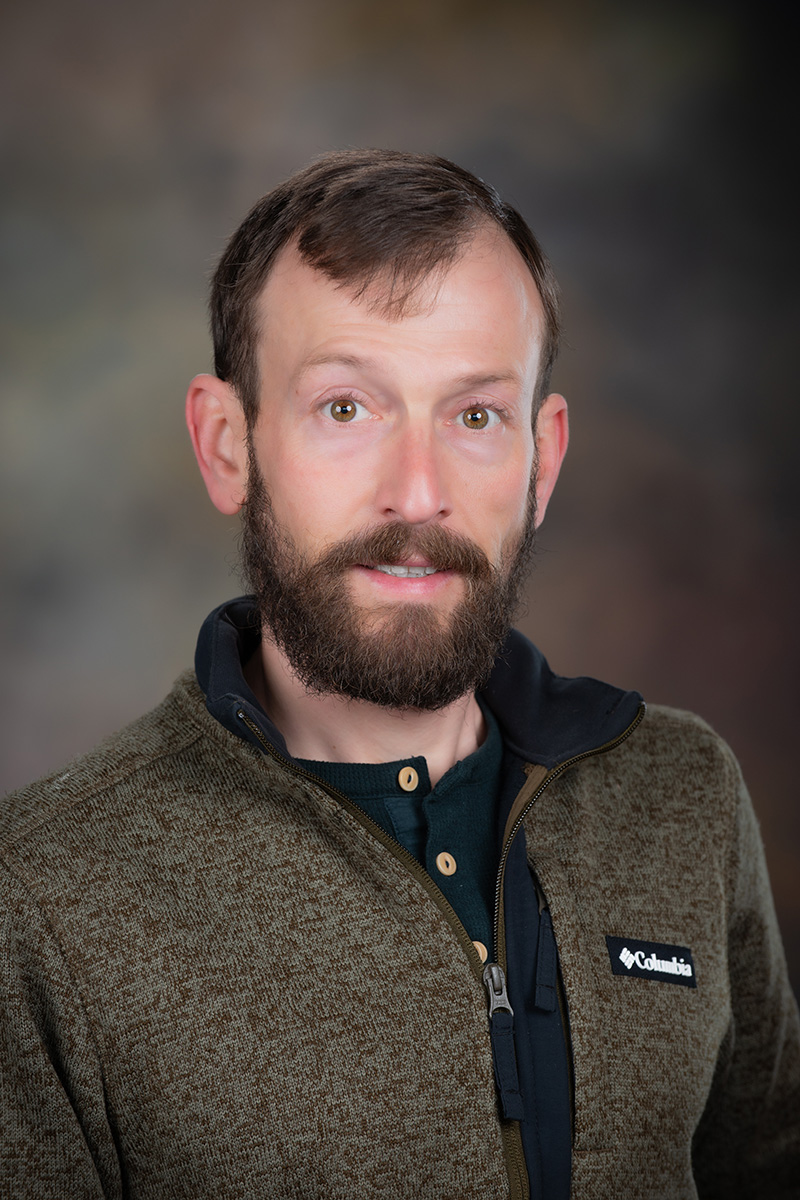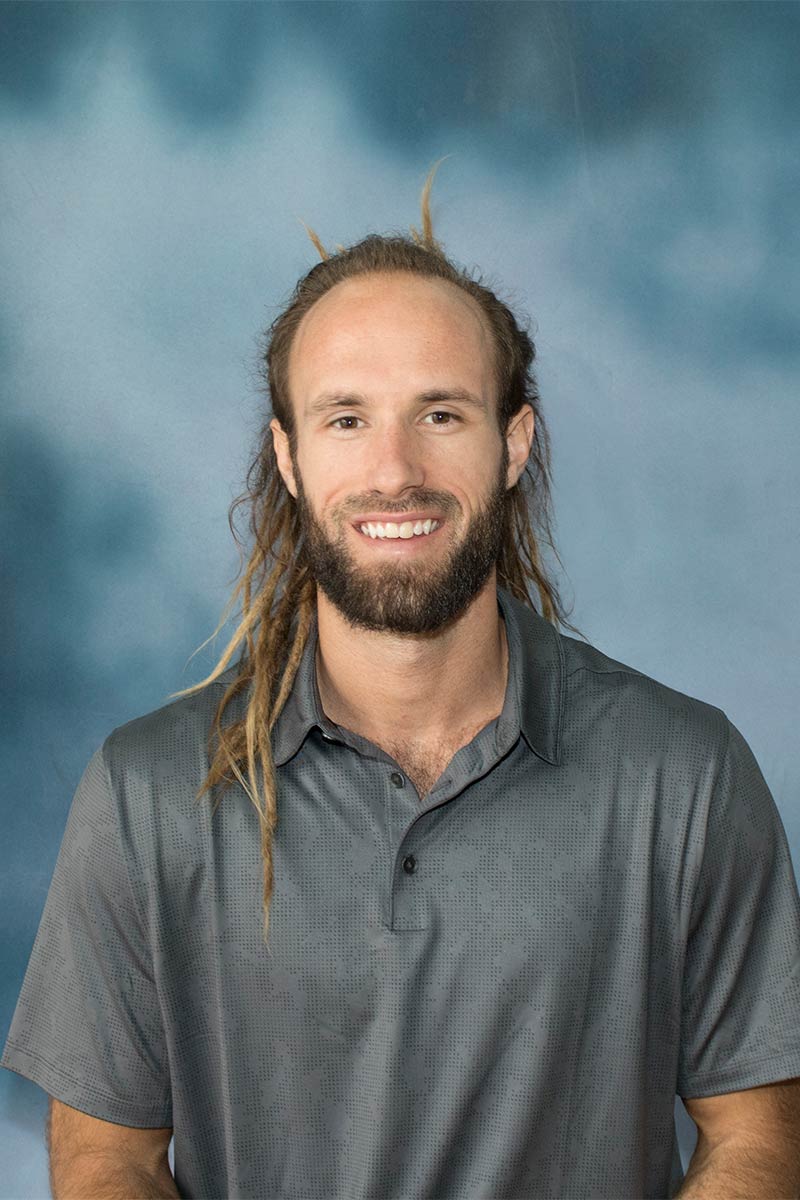intro
Our exercise science master’s degree focuses on biomechanics, exercise physiology, and motor behavior. Here you will advance your understanding of the effects of exercise and movement on the body and mind. An exercise science master’s degree will prepare you for professional school in medicine, physical therapy, occupational therapy, or for a doctoral program in kinesiology.
Degree Overview
We have three tracks in which you can specialize depending on your interests such as biomechanics, exercise physiology, or motor behavior.
Coursework — 33 hours
-
33 hours total
-
18 hours of Exercise Science
-
15 hours of Advisor Approved Credits
- Research and thesis — 6 hours (Required for thesis option)
-
Three tracks from which to choose for your master’s degree:
-
Biomechanics
-
Study the structure and function of the human body’s mechanics.
-
Learn the physics behind movement, involving analysis of the actions of forces.
-
-
Exercise Physiology
-
Study the acute responses and chronic adaptations to a variety of exercise conditions.
-
-
Motor Behavior
-
Study the psychology of human movement.
-
Learn how people acquire and master physical tasks.
-
Admissions Info
GRADUATE SCHOOL ADMISSION REQUIREMENTS >>
VIEW THE SCHOOL OF KINESIOLOGY ADMISSION REQUIREMENTS >>
-
Letter of Intent describing why you want to obtain a graduate degree in kinesiology and your area of concentration: Biomechanics, Exercise Physiology, or Motor Behavior
-
Resume
-
Approval from the School of Kinesiology Director, and Graduate Program Officer
Although we only require a bachelor’s degree or its equivalent from an accredited college or university, we strongly recommend that our graduate students, who have not completed undergraduate degrees in kinesiology or other related fields, complete undergraduate coursework in exercise physiology, biomechanics, and motor learning prior to starting a graduate degree program in Kinesiology.
Additionally, basic science courses are the foundation of the Kinesiology academic discipline and we suggest securing this knowledge prior to starting our program. Based on your interest and studies in our graduate program, the following foundational coursework is recommended:
Exercise Science
-
Concentration in Biomechanics – General Biology, Anatomy & Physiology, Physics
-
Concentration in Exercise Physiology – General Biology, Anatomy & Physiology, General Chemistry
-
Concentration in Motor Behavior – General Biology, Anatomy & Physiology, General Psychology
Program Contacts



Information for Students
Career Options
Examples of the type of work you can do with a master’s degree in exercise science:
-
Strength and conditioning coach
-
Biomechanist
-
Sport coach
-
Exercise physiologist
-
Personal trainer
-
Performance psychologist





